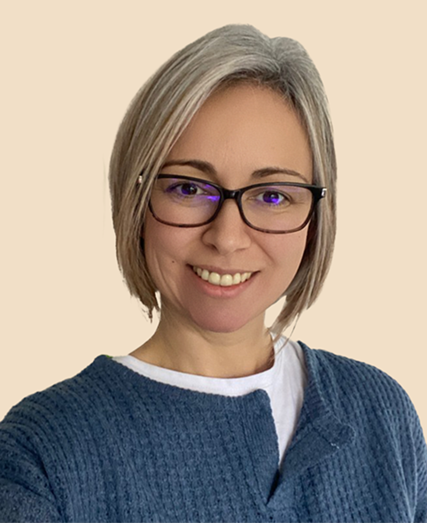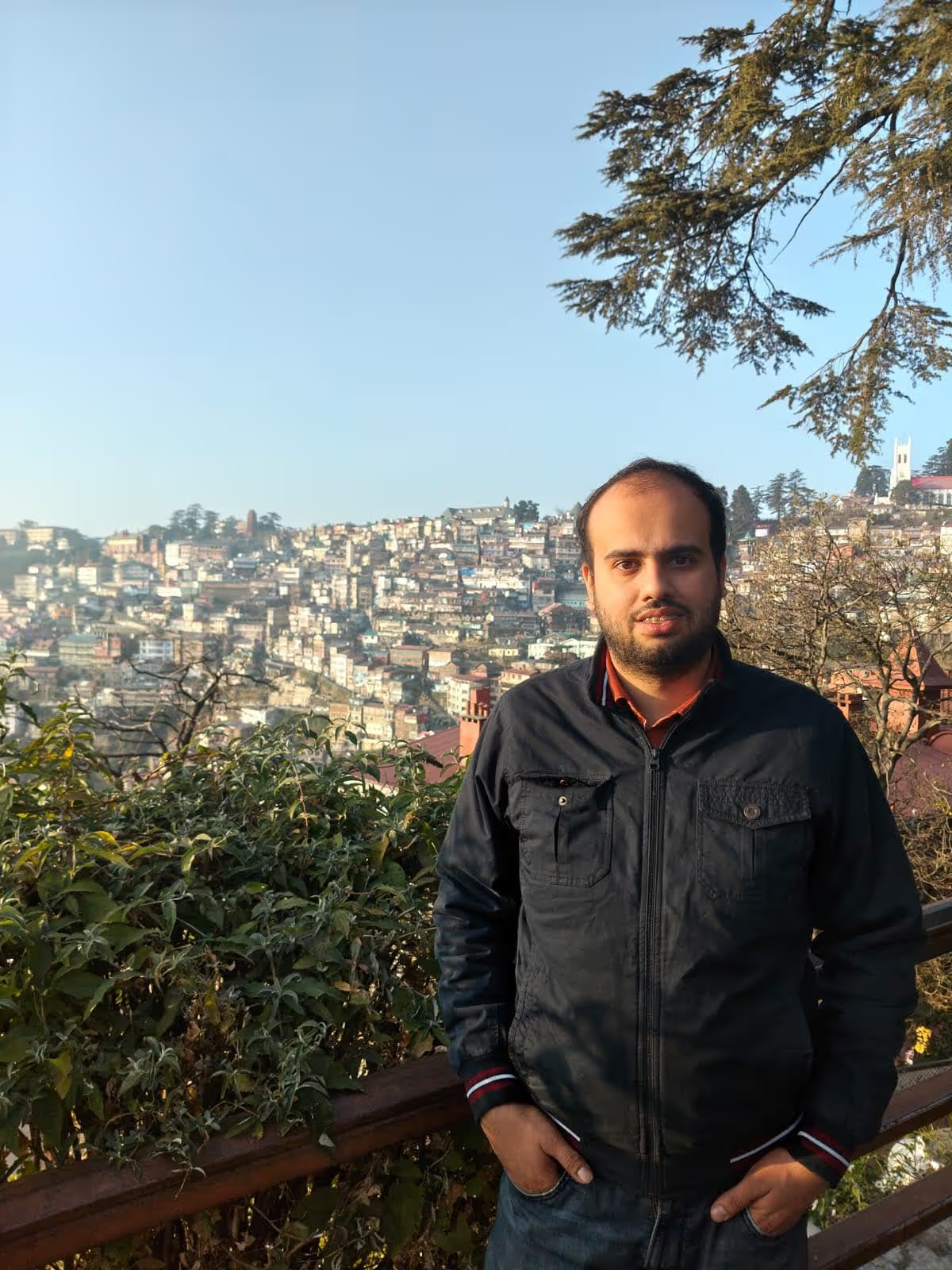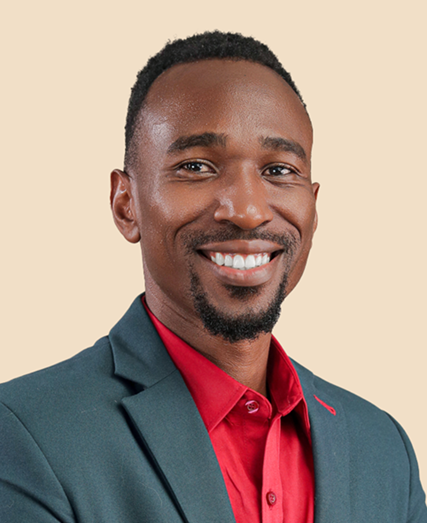About
This advanced graduate-level course in Philosophy addresses a unique philosophical figure on a rotating basis in order to keep the programme at the forefront of scholarly research and to reflect the faculty’s research expertise. Every year the academic staff member in charge of the course will approve of a new philosopher to be examined. The bibliography will contain not less than 8 peer-reviewed articles or scholarly publications reflecting the current topic.
This is an advanced course in which students will engage with the ideas of the French philosopher Gilles Deleuze. His philosophy of immanence will be carefully analyzed such as his notion of the supposed power of the soul to control and to organize bodies. As explained, to make oneself a “body without organs,” in Deleuze’s terms, is to replace the faculty of judgment with an immanent method of comparing powers.
How students have found success through Woolf
Course Structure
About
This advanced graduate-level course in Philosophy addresses a unique philosophical figure on a rotating basis in order to keep the programme at the forefront of scholarly research and to reflect the faculty’s research expertise. Every year the academic staff member in charge of the course will approve of a new philosopher to be examined. The bibliography will contain not less than 8 peer-reviewed articles or scholarly publications reflecting the current topic.
This is an advanced course in which students will engage with the ideas of the French philosopher Gilles Deleuze. His philosophy of immanence will be carefully analyzed such as his notion of the supposed power of the soul to control and to organize bodies. As explained, to make oneself a “body without organs,” in Deleuze’s terms, is to replace the faculty of judgment with an immanent method of comparing powers.
Teachers
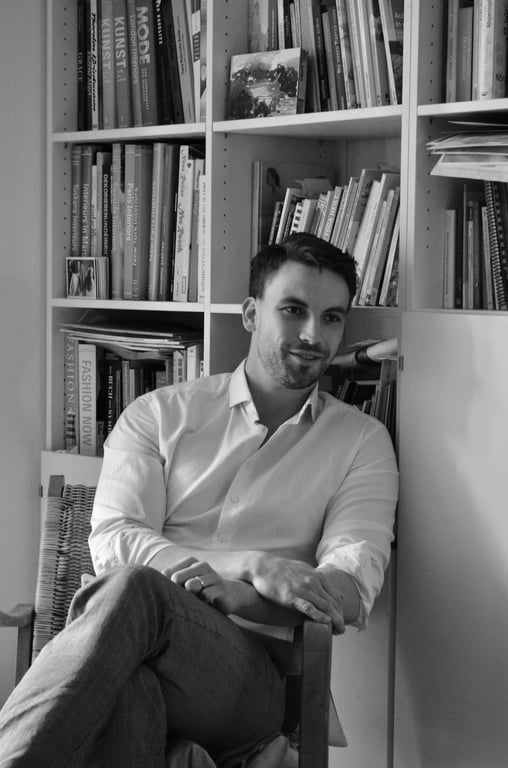
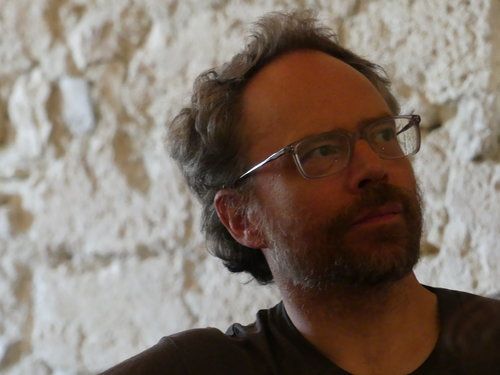
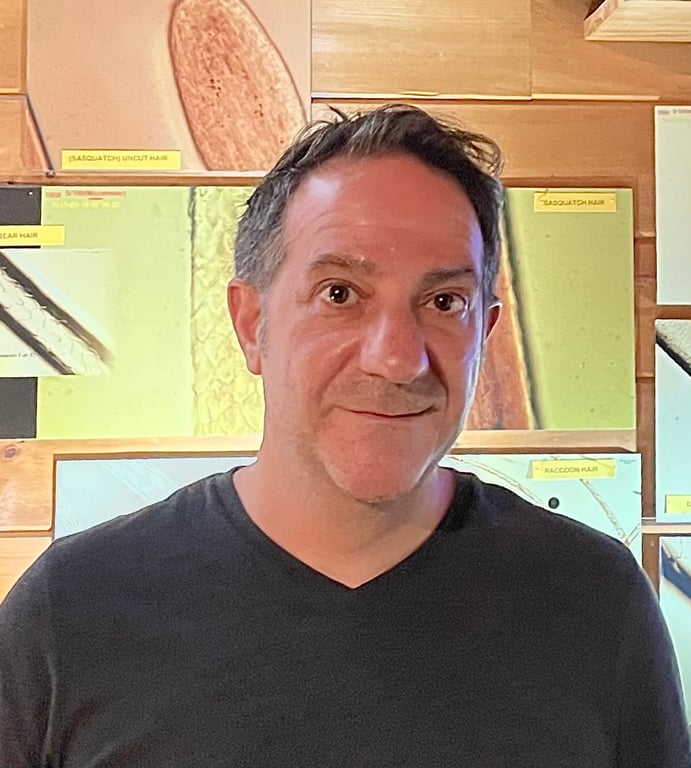
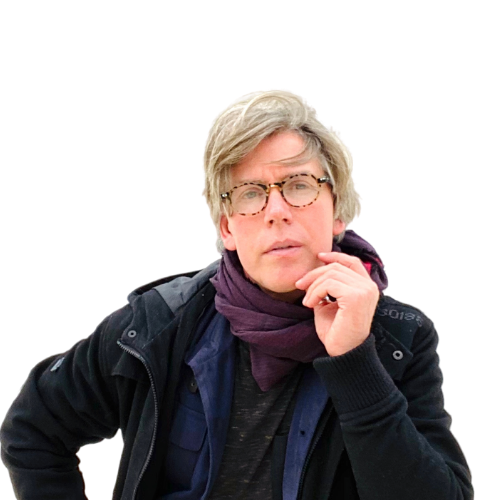
Intended learning outcomes
- Critically understand the diverse scholarly views on various philosophical theories.
- Develop a critical knowledge of the theories and ideas of philosophical figures.
- Develop a specialised knowledge of key strategies related to philosophical theories.
- Apply an in-depth domain-specific knowledge and understanding to evaluate different views on philosophical theories.
- Employ the standard modern conventions for the presentation of scholarly work and scholarly referencing.
- Autonomously gather material and organise it into a coherent presentation or essay.
- Create contextualised discussions of key issues relative to the ideas and life of a unique philosophical figure.
- Demonstrate self-direction in research and originality in solutions developed for analyzing the ideas and life of a unique philosophical figure.
- Solve problems and be prepared to take leadership decisions related to the methods and principles research.
- Efficiently manage interdisciplinary issues that arise in connection to the ideas and life of a unique philosophical figure.
- Apply a professional and scholarly approach to research problems pertaining to the ideas and life of a unique philosophical figures.
- Act autonomously in identifying research problems and solutions related to the ideas of a unique philosophical figure.
Entry Requirements
Application Process
Submit initial Application
Complete the online application form with your personal information
Documentation Review
Submit required transcripts, certificates, and supporting documents
Assessment
Note: Not required by all colleges.
For colleges that include this step, your application will be evaluated against specific program requirements.
Interview
Note: Not all colleges require an interview.
Some colleges may invite selected candidates for an interview as part of their admissions process.
Decision
Receive an admission decision
Enrollment
Complete registration and prepare to begin your studies
.avif)







